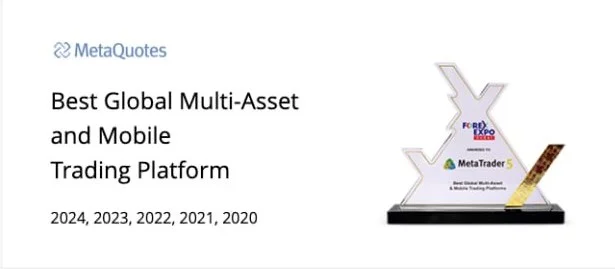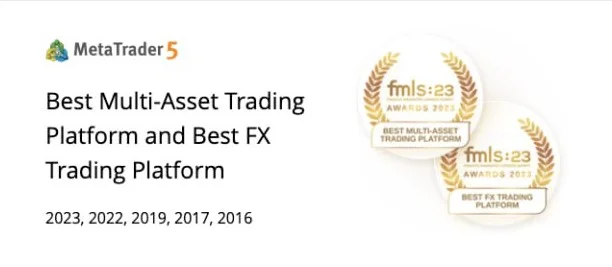There are approximately 2,800+ stocks listed on the New York Stock exchange. Another 3,300+ are listed on the NASDAQ.
Which one will you trade? Got the time to stay on top of so many companies?
With forex, there are dozens of currencies traded, but the majority of market players trade the seven major pairs.
Aren’t seven major pairs much easier to keep an eye on than thousands of stocks?

Look at Mr. Forex. He’s so confident and sexy. Mr. Stocks has no chance!
That’s just one of the many advantages of the forex market over the stock markets. Here are a few more:
24-Hour Market
The stock market is limited to an exchange’s opening hours.
For example, in the U.S., most stock exchanges open at 9:30 am EST and close at 4:00 pm EST.
The forex market is a seamless 24-hour market.
Most brokers are open from Sunday at 5:00 pm EST until Friday at 5:00 pm EST, with customer service usually available 24/7.
With the ability to trade during the U.S., Asian, and European market hours, you can customize your own trading schedule.
Minimal or No Commissions
As a lot of online stock brokers now offer zero commissions, so this is now less of a factor.
Most forex brokers charge no commission or additional transaction fees to trade currencies online or over the phone.
Combined with the tight, consistent, and fully transparent spread, forex trading costs are lower than those of any other market.
Most brokers are compensated for their services through the bid/ask spread.
Higher Trading Volume and Liquidity
The forex market sees an average daily turnover of $6.6 trillion.
The stock market sees a fraction of this.
Short-Selling without an Uptick
Unlike the equity market, there is no restriction on short selling in the currency market.
Trading opportunities exist in the currency market regardless of whether a trader is long OR short, or whichever way the market is moving.
Since currency trading always involves buying one currency and selling another, there is no directional bias to the market. So you always have equal access to trade in a rising or falling market.
Minimal Market Manipulation
How many times have you heard that “Fund A” was selling “X” or buying “Z”? The stock market is very susceptible to large fund buying and selling.
With currency trading, the massive size of the forex market makes the likelihood of any one fund or bank controlling a particular currency very small.
The FX market is sufficiently liquid that significant manipulation by any single entity is all but impossible during active trading hours for the major currencies.
Banks, hedge funds, governments, retail currency conversion houses, and large net worth individuals are just some of the participants in the spot currency markets where the liquidity is unprecedented.
Analysts and brokerage firms are less likely to influence the market
Have you watched TV lately?
Heard about a certain Internet stock and an analyst of a prestigious brokerage firm accused of keeping its recommendations, such as “buy,” when the stock was rapidly declining?
It is the nature of these relationships. No matter what the government does to step in and discourage this type of activity, we have not heard the last of it.
IPOs are big business for both the companies going public and the brokerage houses.
Relationships are mutually beneficial and analysts work for the brokerage houses that need the companies as clients. That catch-22 will never disappear.
Foreign exchange, as the prime market, generates billions in revenue for the world’s banks and is a necessity of the global markets. Analysts in foreign exchange have very little effect on exchange rates; they just analyze the forex market.
| Advantages | Forex | Stocks |
|---|---|---|
| 24-Hour Trading | YES | No |
| Minimal or no Commission | YES | Maybe |
| Liquidity | HUGE | Meh |
| Short-Selling without an Uptick | YES | No |
| No Market Manipulation | Depends | No |


